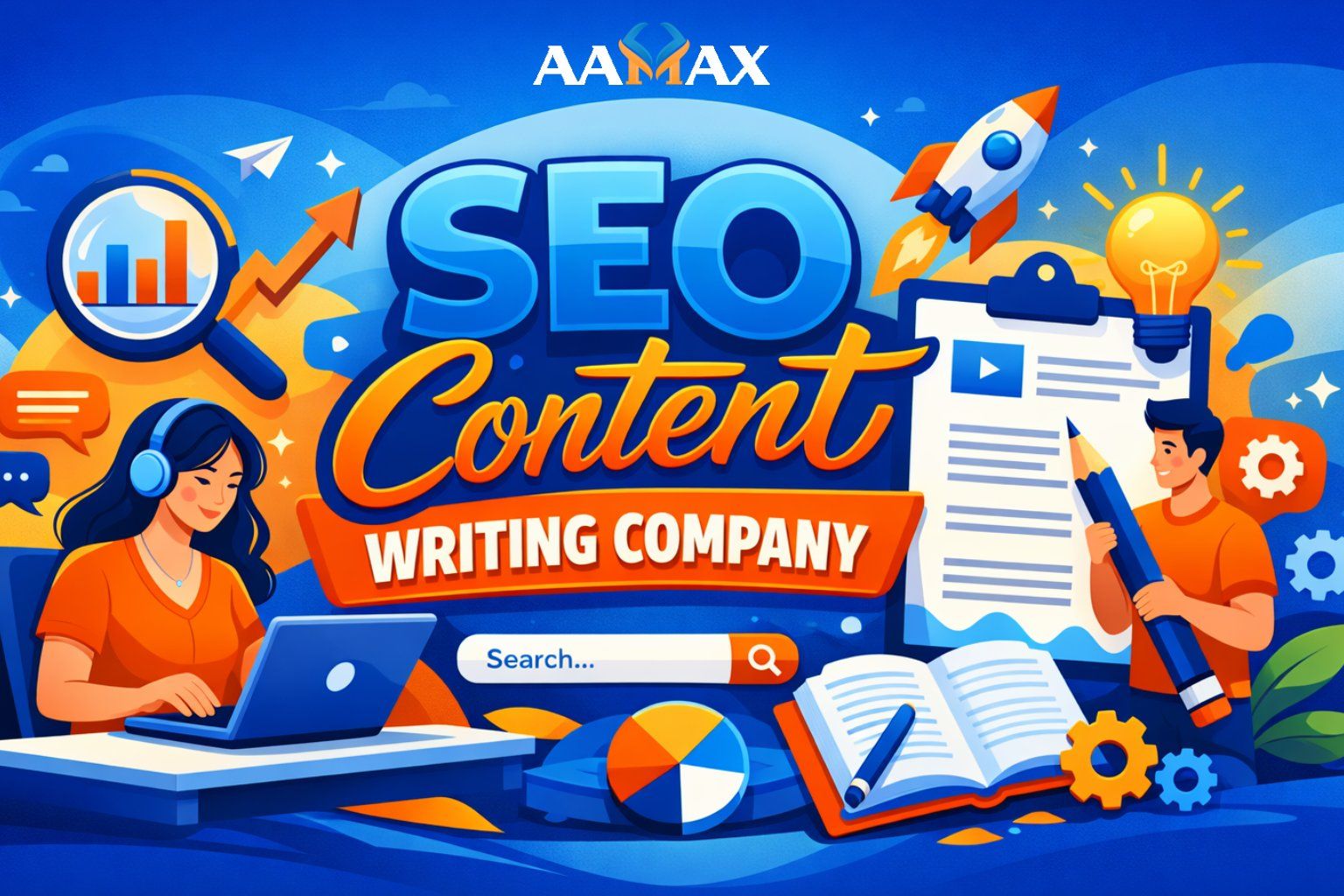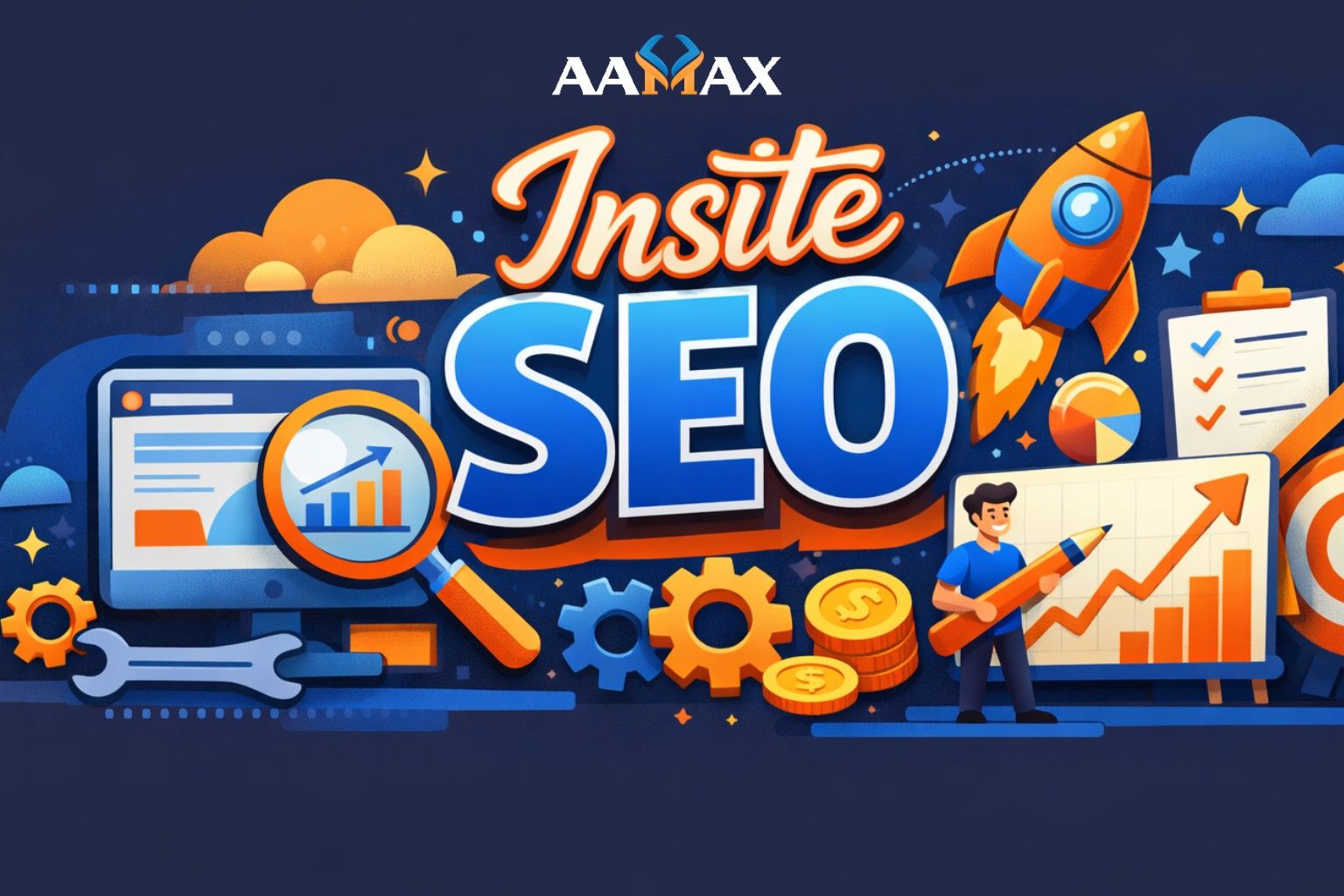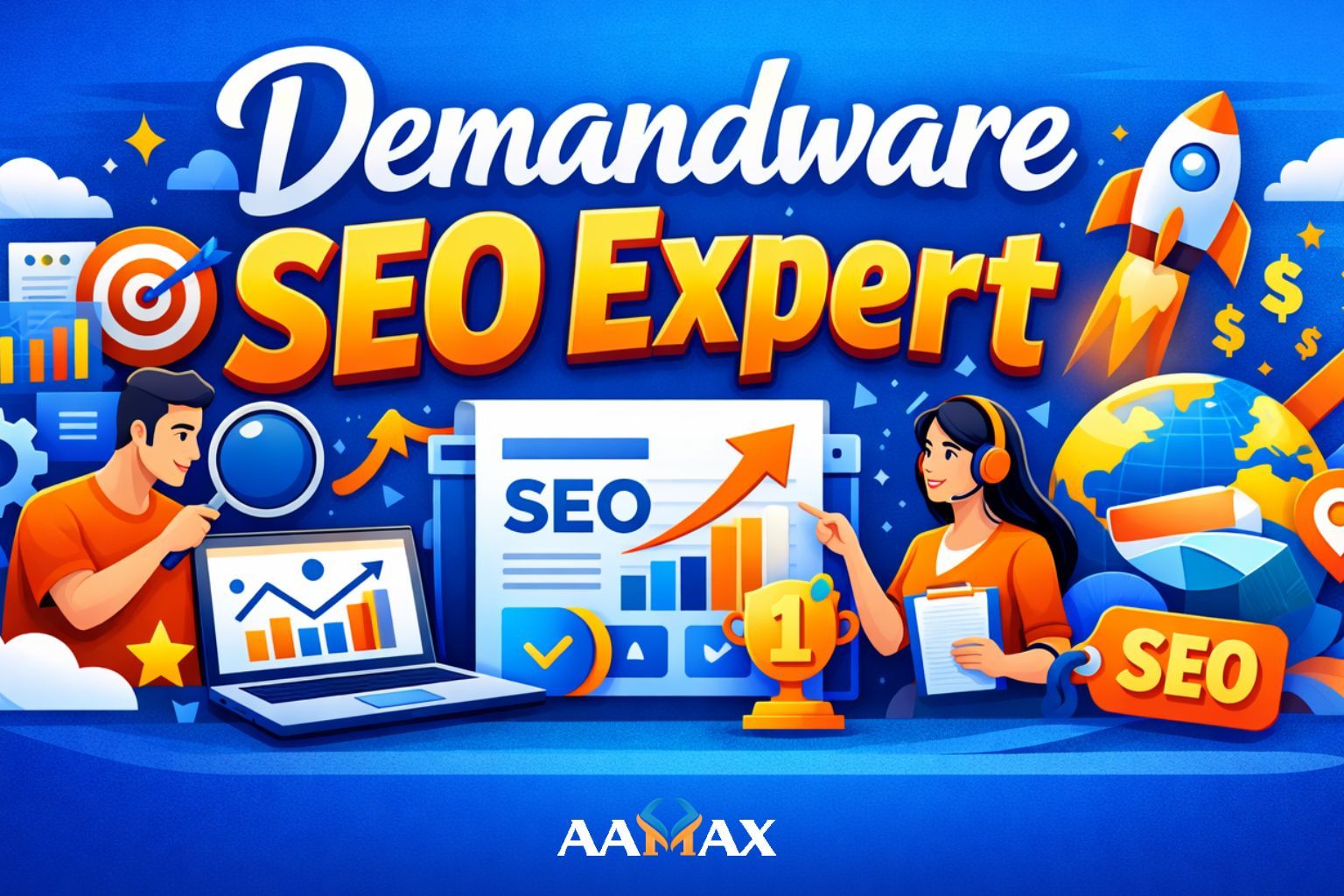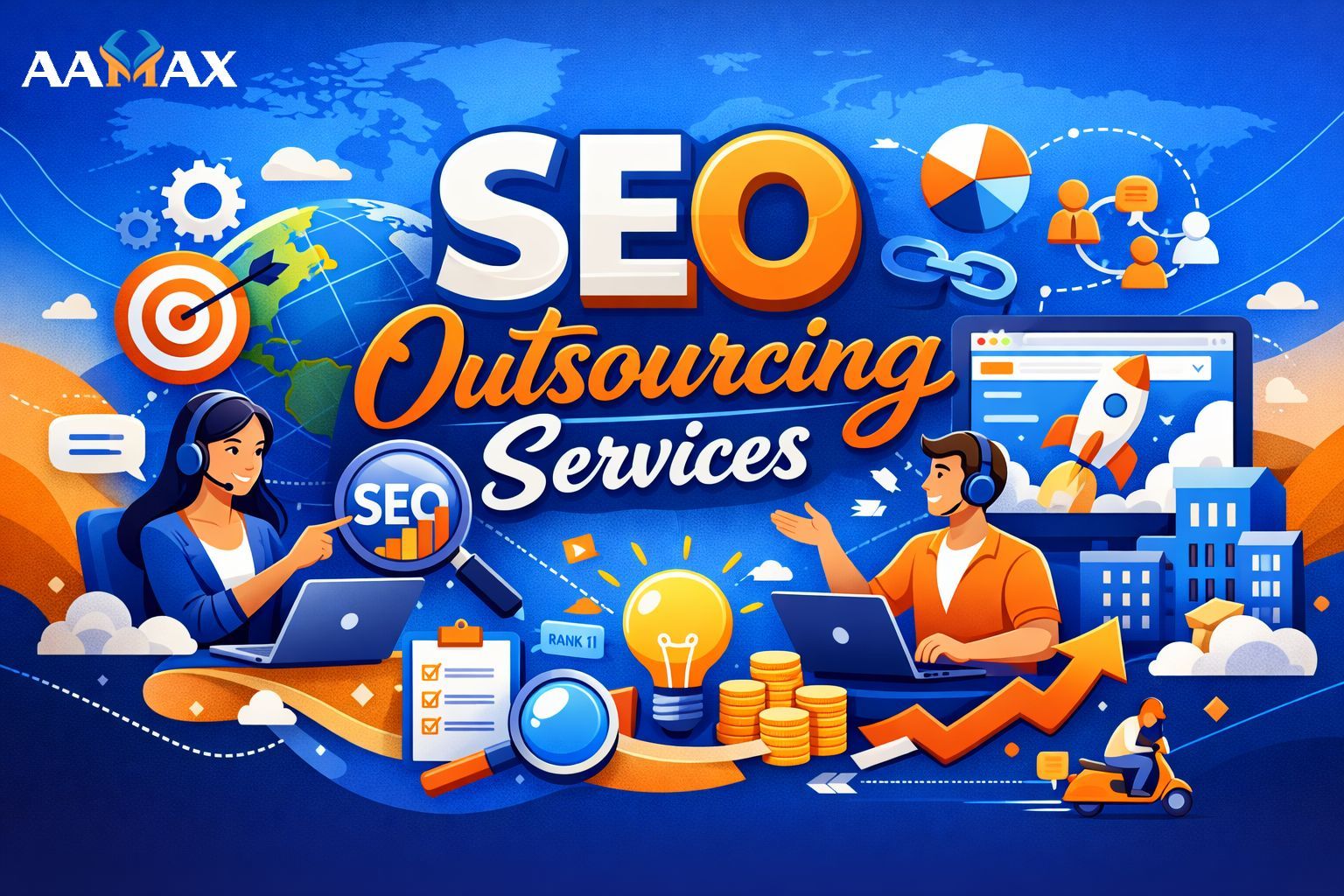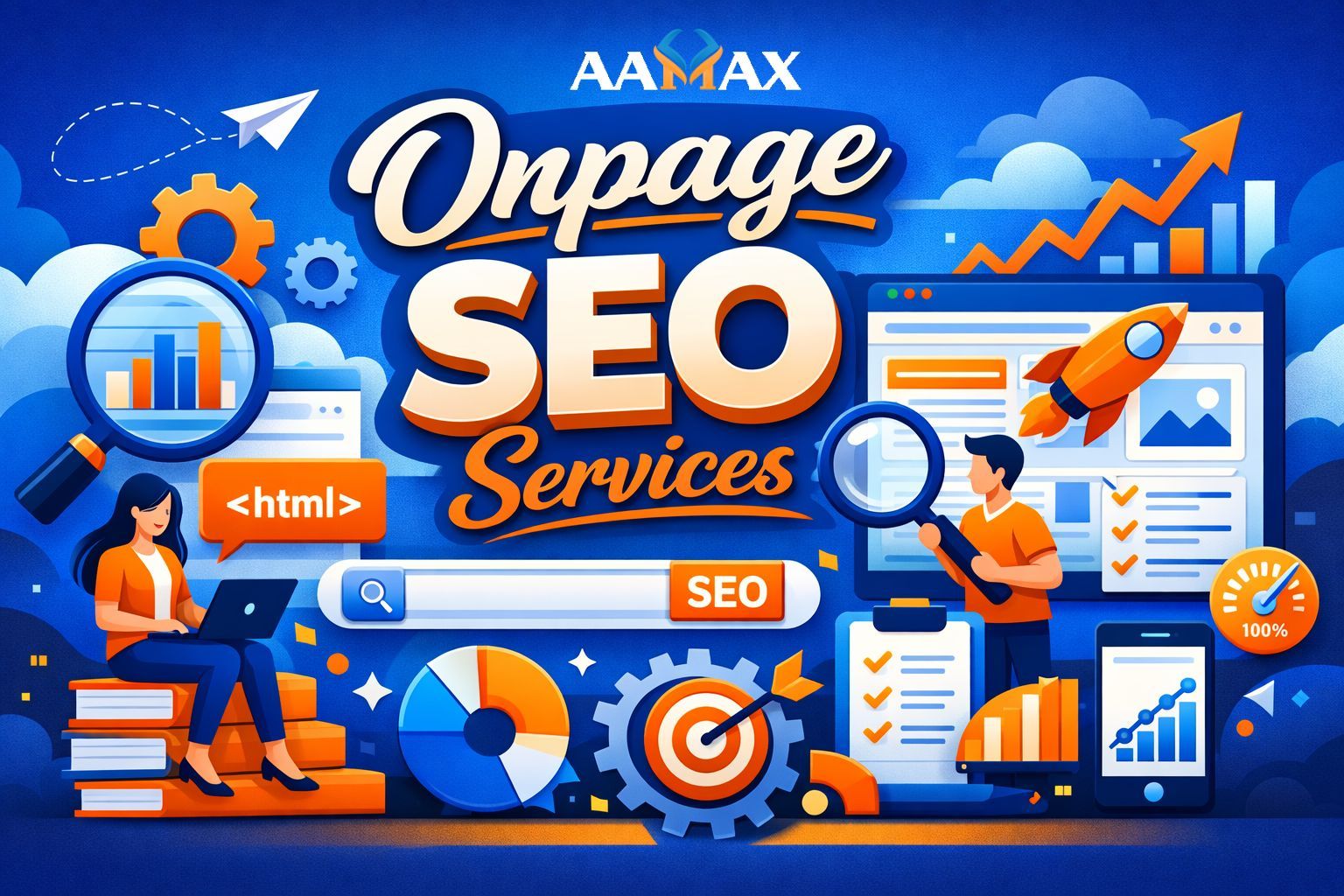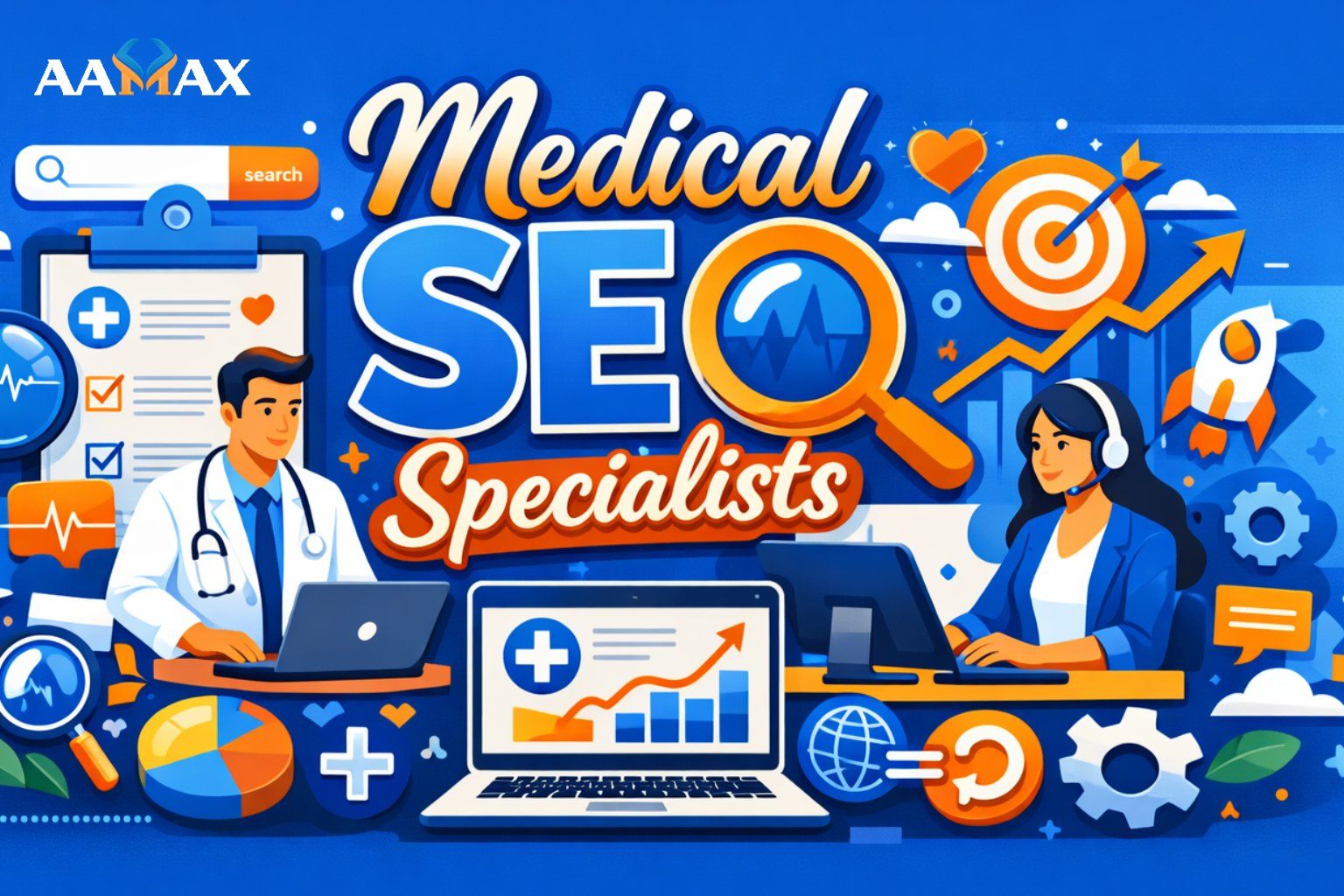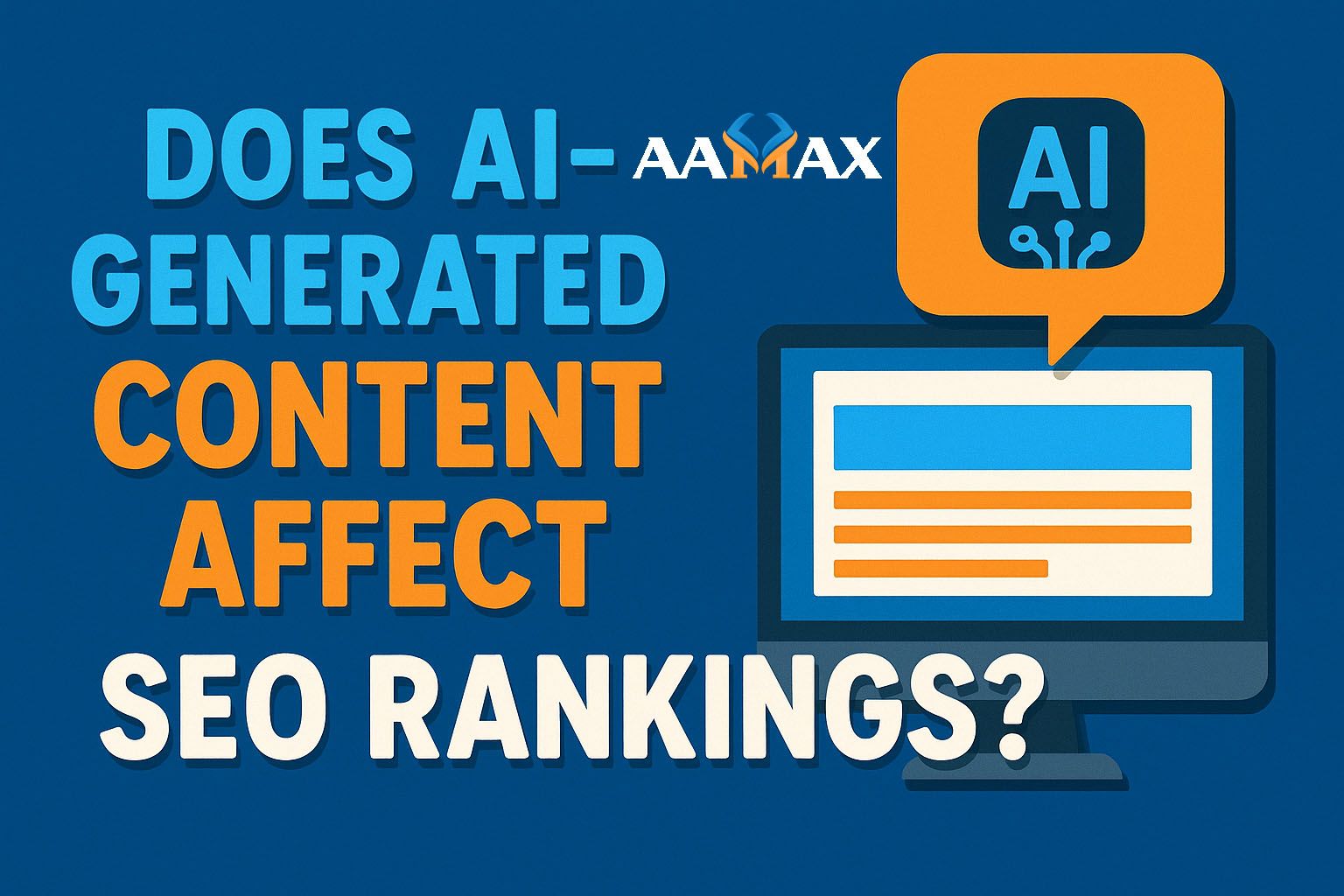
Does AI-Generated Content Affect SEO Rankings?
In the digital marketing landscape, content is still king, but the way we create it is evolving faster than ever. With Artificial Intelligence (AI) tools now capable of generating blog posts, product descriptions, and entire website pages in minutes, marketers are rethinking their approach to SEO.
This shift has sparked a crucial question: Does AI-generated content affect SEO rankings?
Search engines like Google have long emphasized quality, relevance, and user value. But with the rise of AI-generated writing, concerns about authenticity, originality, and search compliance have come into play.
In this in-depth article, we’ll explore how AI-generated content impacts SEO, what Google really says about it, how to use AI effectively, and where human creativity still makes all the difference.
If you want to leverage AI strategically and boost your organic visibility, you can Search Engine Optimization (SEO), web development, and digital marketing services** tailored for the modern web.
Understanding AI-Generated Content
AI-generated content refers to text created using artificial intelligence tools trained on large language models (LLMs). These systems, such as ChatGPT, Jasper, or Writesonic, use Natural Language Processing (NLP) to generate human-like text based on prompts and datasets.
AI content can include:
- Blog posts and articles
- Product descriptions and category pages
- Social media posts
- Email copy and ad campaigns
- SEO meta titles and descriptions
The main advantage of AI-generated content is speed and scalability. What once took hours of research and writing can now be produced in minutes. However, speed is only one factor—what truly matters for SEO is quality.
How Google Evaluates Content Quality
To understand whether AI content affects rankings, it’s important to know how Google evaluates quality.
Google’s core ranking principles revolve around E-E-A-T:
- Experience – The author’s first-hand knowledge of the topic.
- Expertise – The depth of understanding displayed.
- Authoritativeness – The credibility of the content and source.
- Trustworthiness – The overall reliability and transparency of the page.
AI can assist with data-driven accuracy and consistent tone, but it cannot replicate genuine experience or expertise on its own.
In Google’s own words (from official Search Central documentation), “Using AI or automation to generate content isn’t against our guidelines as long as it’s designed to help people and not manipulate search rankings.”
That means AI-generated content can rank well if it’s valuable, accurate, and relevant to users—but it will perform poorly if it’s spammy, repetitive, or lacks originality.
How AI-Generated Content Affects SEO Rankings
AI content can either boost or harm SEO rankings depending on how it’s created, optimized, and deployed. Let’s explore both sides.
1. Positive SEO Impact: When AI is Used Strategically
When used wisely, AI content generation tools can enhance SEO performance by improving efficiency, consistency, and data-backed optimization.
a. Faster Content Production
AI tools can generate drafts, outlines, and keyword-rich content quickly, allowing businesses to publish more frequently and maintain content calendars without burnout.
b. Enhanced Keyword Optimization
AI-powered SEO platforms like Surfer SEO and Clearscope analyze top-ranking pages and suggest related keywords, readability improvements, and semantic variations. When integrated with writing tools, AI can automatically weave these optimizations into the text.
c. Improved Topic Coverage
AI can process massive datasets and suggest subtopics or related questions that humans may overlook. This ensures your content thoroughly covers a user’s search intent—something Google’s algorithm rewards.
d. Data-Driven Content Structuring
AI uses pattern recognition to identify what makes high-performing pages successful. It can replicate optimal formatting, heading structures, and internal linking strategies to boost SEO relevance.
e. Content Personalization
Some AI systems adapt content based on audience data, offering personalized recommendations and local SEO variations—making content more engaging and relevant.
When combined with human oversight, AI content can significantly improve SEO visibility and site authority.
2. Negative SEO Impact: When AI is Used Carelessly
However, if used improperly, AI-generated content can trigger ranking penalties or diminish user experience.
a. Low-Quality or Generic Text
AI models generate text based on existing data patterns, which means content can often sound generic or repetitive. If it fails to add value or originality, Google’s algorithms may view it as thin content—a common reason for ranking drops.
b. Lack of Depth and Accuracy
AI sometimes “hallucinates” facts or produces misleading information. If such content reaches users, it can damage your credibility and user trust, leading to lower engagement metrics and poorer SEO performance.
c. Duplicate or Over-Optimized Content
AI tools that scrape or rephrase existing text risk creating duplicate content, which can hurt rankings. Similarly, keyword stuffing—an old SEO mistake—can happen easily if AI is not guided properly.
d. Absence of Human Experience (E-E-A-T)
Google favors content written with real insight or first-hand experience. Since AI lacks lived experience, relying entirely on it can weaken your E-E-A-T signals.
e. Potential for Spam Detection
Google’s SpamBrain system uses machine learning to identify manipulative or auto-generated content designed purely for ranking. Over-reliance on AI without editorial refinement can trigger spam classification.
In short: AI content isn’t bad for SEO—bad AI content is.
What Google Actually Says About AI Content
In early 2023, Google publicly clarified its stance on AI-generated content.
“Appropriate use of AI or automation is not against our guidelines. It can help create great content. The key is whether it’s helpful, original, and intended for people.” — Google Search Central
This means AI content that serves users, adds genuine value, and demonstrates expertise is entirely acceptable.
However, Google emphasizes that automatically generated content designed to manipulate rankings—without adding meaningful value—is considered spam.
The takeaway?
You can use AI for SEO, but only when combined with editorial review, fact-checking, and unique human insight.
The Smart Way to Use AI for SEO
AI is a tool—powerful, but only as effective as the person guiding it. Here’s how to use AI-generated content to improve SEO rankings ethically and strategically.
1. Use AI for Research and Drafting
Leverage AI to speed up keyword research, outline creation, and idea generation. Tools like Frase, MarketMuse, and ChatGPT can help identify content gaps and trending queries.
2. Always Add Human Editing
Human editors must review AI drafts to ensure factual accuracy, relevance, and tone. This helps align content with your brand voice and audience expectations.
3. Incorporate Original Insights
Add personal experiences, case studies, expert quotes, or data that AI cannot generate. This strengthens your content’s authority and aligns with E-E-A-T principles.
4. Optimize Naturally
Use AI for semantic keyword optimization, but ensure natural flow. Google now ranks contextually rich, user-first content, not keyword-heavy text.
5. Regularly Audit AI-Generated Pages
Track performance metrics like dwell time, click-through rates (CTR), and bounce rates. If engagement is low, revise and improve with more human-driven insights.
By blending automation and authenticity, AI content can outperform many purely human-written pages in both quality and SEO performance.
Popular AI SEO Tools Enhancing Content Quality
AI tools are not just writing assistants—they’re strategic assets. Some of the most effective AI SEO tools include:
- Surfer SEO: Analyzes SERPs and suggests on-page optimizations for AI-generated content.
- Frase: Creates SEO-optimized outlines and summaries based on top-ranking content.
- MarketMuse: Uses AI to identify topic authority gaps and recommend new opportunities.
- Clearscope: Enhances readability and keyword targeting through NLP-driven scoring.
- Jasper: Generates high-quality AI content with SEO templates and tone control.
- Alli AI: Automates on-site SEO tasks, from technical fixes to content updates.
These tools bridge the gap between automation and optimization, allowing content teams to scale output without compromising quality.
Measuring the SEO Impact of AI-Generated Content
Once AI content goes live, the true test is performance tracking. Monitor key metrics such as:
- Organic Traffic Growth: Indicates how well content aligns with search intent.
- Engagement Rate: Reveals whether users find the content relevant.
- Average Session Duration: Measures content depth and reader satisfaction.
- Bounce Rate: Highlights potential issues in structure or clarity.
- Conversion Rate: Determines if content drives user action.
If metrics improve, AI is helping. If they stagnate or drop, it may signal the need for deeper human refinement.
The Future of AI-Generated Content in SEO
The future of SEO is AI-assisted, not AI-replaced. Search engines are increasingly capable of detecting user satisfaction signals, such as engagement, dwell time, and authenticity.
AI-generated content will continue to evolve, becoming more context-aware and human-like, but Google’s mission remains the same: deliver the most helpful and trustworthy content to users.
In this new landscape, success will depend on combining AI efficiency with human creativity and credibility.
Final Thoughts: The Right Way to Use AI for SEO Rankings
So, does AI-generated content affect SEO rankings? Yes—but how it affects them depends entirely on quality and intent.
AI content can enhance SEO when it’s used as a support tool—helping you research, structure, and optimize faster. But if used to mass-produce low-quality articles or manipulate rankings, it can backfire badly.
The most successful digital marketers use AI as a partner, not a replacement.
If you want to leverage AI safely and strategically to improve your SEO rankings, partner with AAMAX. AAMAX offers expert AI SEO, web development, and digital marketing services that blend human creativity with AI precision—helping your business stay ahead in an ever-changing digital world.

